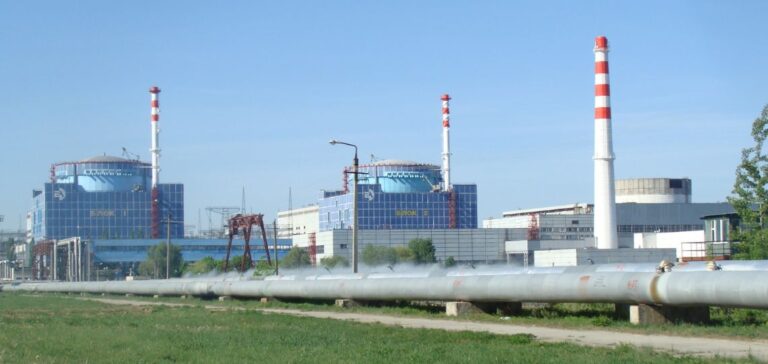A milestone forUkraine, The signing of this memorandum between Energoatom and Hyundai Engineering and Construction under the eyes of the Ukrainian Minister of Energy, Herman Halushchenko, and the South Korean ambassador to Ukraine, Kim Hyun-Tae, lays the foundations for the addition of new Westinghouse AP1000 units to the nuclear power plant of Khmelnitsky. This agreement underlines Ukraine’s determination to pursue its energy projects despite the war.
Strengthening nuclear capabilities
The commitments made include the imminent construction of the fifth unit at Khmelnitsky, marking a significant development in a wider nuclear expansion involving nine new AP1000 reactors across Ukraine. These plans are part of a national strategy to reduce dependence on energy imports and increase the production of clean, safe electricity.
International Collaboration and Technology Transfer
This collaboration also illustrates the enriching exchange of nuclear technology between Ukraine and South Korea. Hyundai brings its recognized expertise, while Ukraine strengthens its industrial capabilities and energy security. Discussions also covered the manufacture of equipment for modular reactors and spent fuel containers, in partnership with Holtec International.
Impact on the Global Energy Industry
Once completed, the Khmelnitsky extension will surpass the capacity of the Zaporizhzhia power plant, currently under Russian military control. These developments are not only vital for Ukraine, but are also shaping the global energy landscape, where nuclear safety and innovation are becoming increasingly important. The Energoatom and Hyundai initiative marks a significant step forward in the modernization and expansion of nuclear power in Ukraine. By building strategic partnerships and moving ahead with ambitious projects even in times of war, Ukraine is demonstrating its resilience and commitment to a secure, sustainable energy future.






















